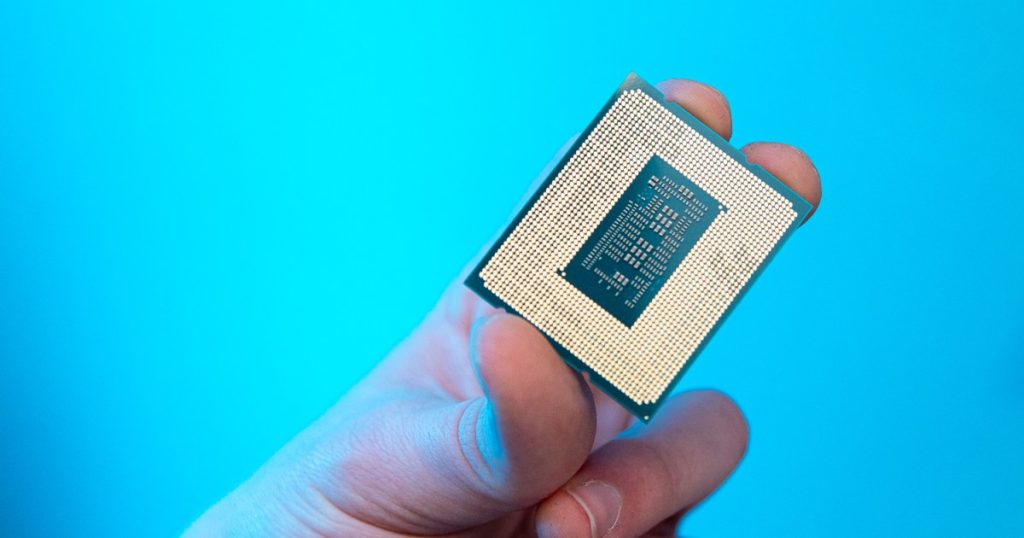One Reddit user expressed their frustration by saying, “I’ll never buy an Intel CPU at launch again.” This sentiment was shared after encountering instability issues with their Core i9-13900K, going through four of them over several months, resulting in a non-functioning gaming PC for three months due to repairs. Another user mentioned replacing every component except the CPU and had never faced any issues with Intel products until the Core i9-14900K.
Intel must address the instability seen in 13th-gen and 14th-gen CPUs. Despite BIOS updates, comments from PR managers, and shared documentation with motherboard vendors, the problem persists. A growing number of users, both personal and business, are voicing concerns about the instability, labeling Intel’s high-end chips as “defective.”
Get your weekly breakdown of the technology behind PC gaming
The escalation of the issue

Initially reported late last year, instability issues with Core i9-13900K and Core i9-14900K gained attention after gamers returned these CPUs due to crashes in games like Tekken 8. Intel collaborated with motherboard vendors to release the Intel Baseline Profile, altering BIOS settings for stability, which led to a performance drop in some cases.
The conversation resurged when Level1Techs investigated crashes, revealing alarming data. The Core i9-13900K and Core i9-14900K accounted for a significant portion of server crashes, with over 90% of reported errors attributed to these CPUs within a 90-day period.
“…we discovered a pattern: almost all [crashes] were coming from systems with 13th and 14th generation Intel processors.”
Observations suggest a worsening trend in collision rates particularly with multiplayer server usage, indicating system instability even with conservative power settings.

A data center provider highlighted unusually high support incidents related to the Core i9-13900K and Core i9-14900K, leading to an additional charge for Intel systems support compared to AMD. Game developers have started switching to AMD processors due to the perceived defects in Intel CPUs.
As the problem expands and affects more users, compelling evidence supports the need for Intel to address the issue effectively and transparently.


